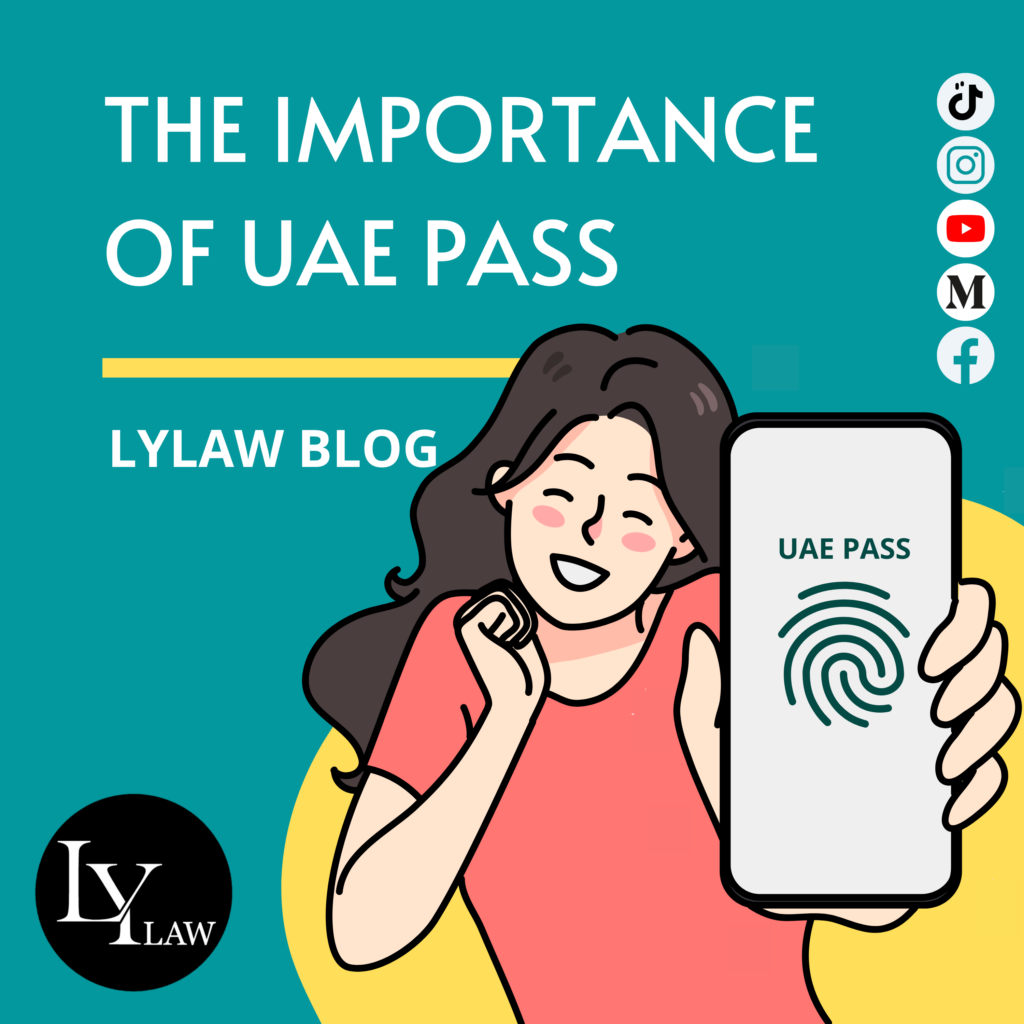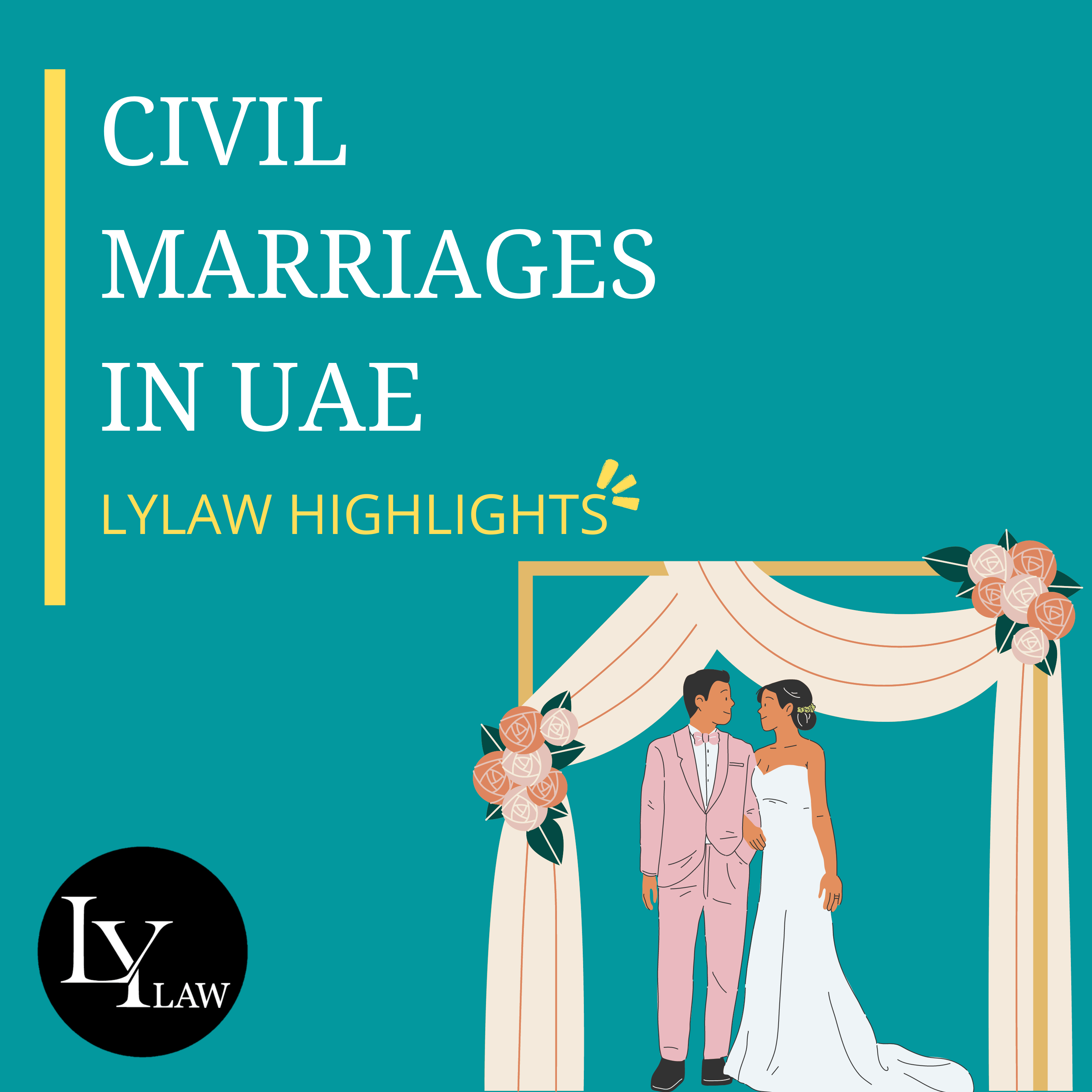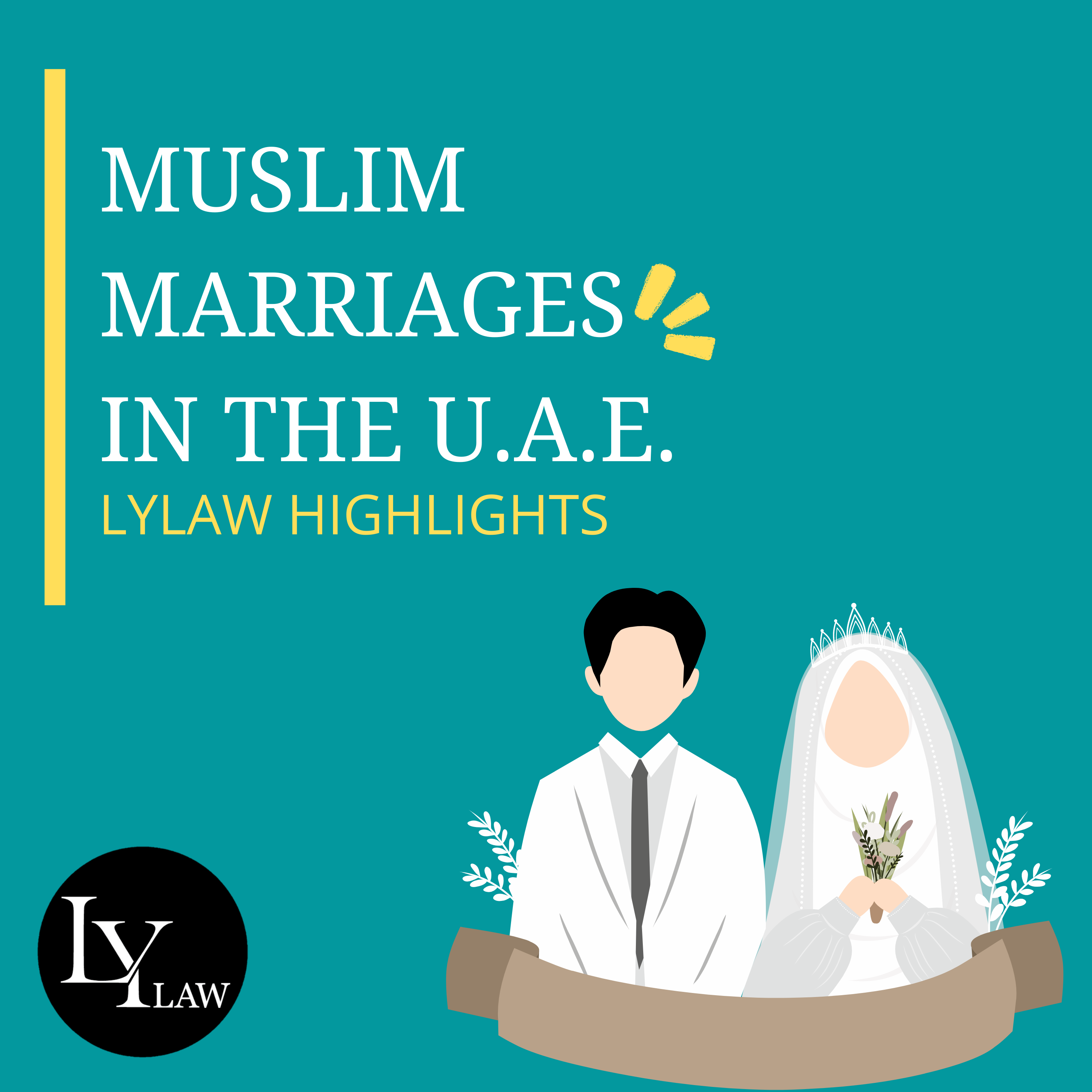The new UAE Personal Status Law No. 41 of 2024 comes into effect on 15th April 2025, marking the introduction of major changes to the marriage regulations in the country. Specifically, the new law redefines the guardianship role for marriage approval, prioritizing a woman’s self-choice in any marriage process.
Key Amendments in the New Law
Article 24 of the new Personal Status Law entrusts the Court, not a single judge, with the responsibility of approving a marriage request in case of the objection of a woman’s guardian. More importantly, however, a guardian’s objection—a father’s included—has lost its legally binding force. In its place, the Court is under obligation to approve the marriage so long as the woman:
- Is satisfied that she wishes to marry the man, and
- Accepts his dowry.
Additionally, any interested party may submit the marriage request, such as:
- The future groom
- The woman’s mother, sister, or brother
Furthermore, the Court has the authority to:
- Transfer guardianship to another individual if the current guardian unjustifiably prevents the marriage.
- Authorize another person to conclude the marriage contract in the guardian’s place.
How This Differs from the Previous Law
Under the old Personal Status Law, it was more discretionary, and a guardian could prevent a marriage in certain cases. To wit:
- Article 30.3 allowed any person who had completed the age of 18 years to request permission from the judge to marry if his guardian refused.
- Article 30.4 required the judge to summon the guardian to present their objection. If the guardian failed to appear or lacked a valid objection, the judge could approve the marriage.
- Judges had broad discretion to assess the validity of a guardian’s objection, which could lead to delays or subjective rulings.
Implications of the New Law
The new Article 24 in the Personal Status Law removes the cause for objection by a guardian and instead renders the personal will of the woman as the sole criterion for approving marriage. This diminishes the role of the guardian, empowering the Court to facilitate the marriage if necessary. This change marked one of the progressive steps in UAE family law in the following way:
- It distanced the need for the guardian’s consent to validate the marriage.
- Approvals of marriages are given to the Court not a single judge.
- Respecting the autonomy of the woman where the Code only requires her conviction in the marriage, as well as the acceptance of the dowry.
- The right of third-party requests, such as the mother or sibling, when there is an undue influence on the part of the guardians who object to it.
- Providing mechanisms for guardianship transfer when a guardian unjustifiably prevents a marriage.
Conclusion
These changes represent a significant transformation in the UAE’s marriage laws, firmly establishing the principle of a woman’s choice of spouse. Removing impediments through guardianship objections and making smooth the process by which marriages get approved has been a new development in modernizing the United Arab Emirates’ legal framework while insuring equity and self-determination in personal status matters.
With Law No. 41 of 2024 coming into effect in April 2025, residents and UAE citizens alike will benefit from a more transparent, fair, and efficient marriage process.















